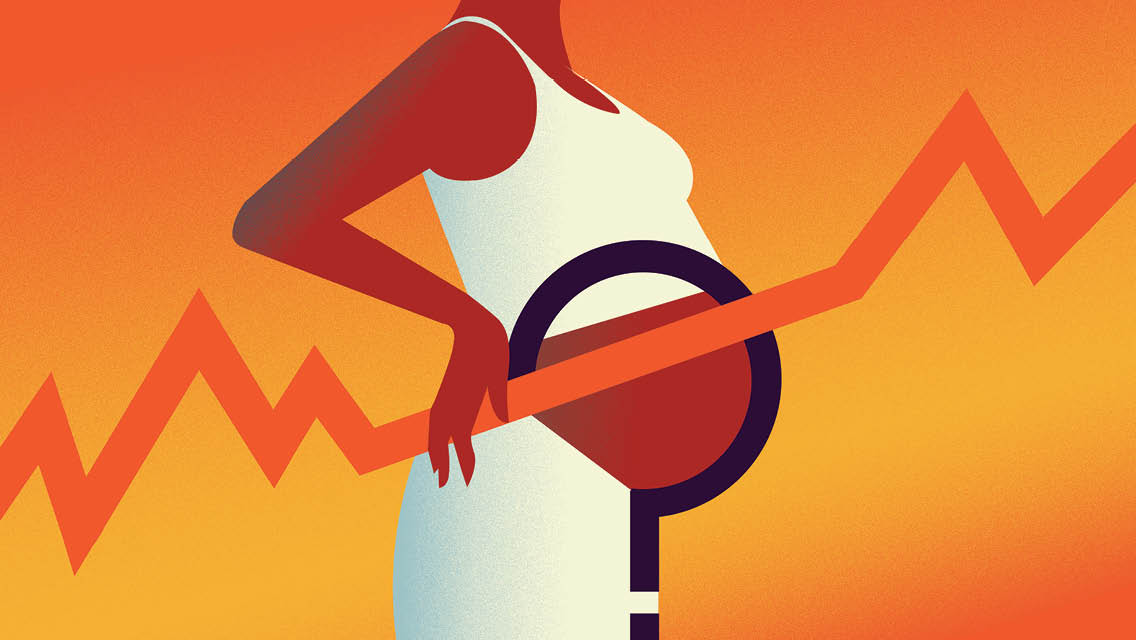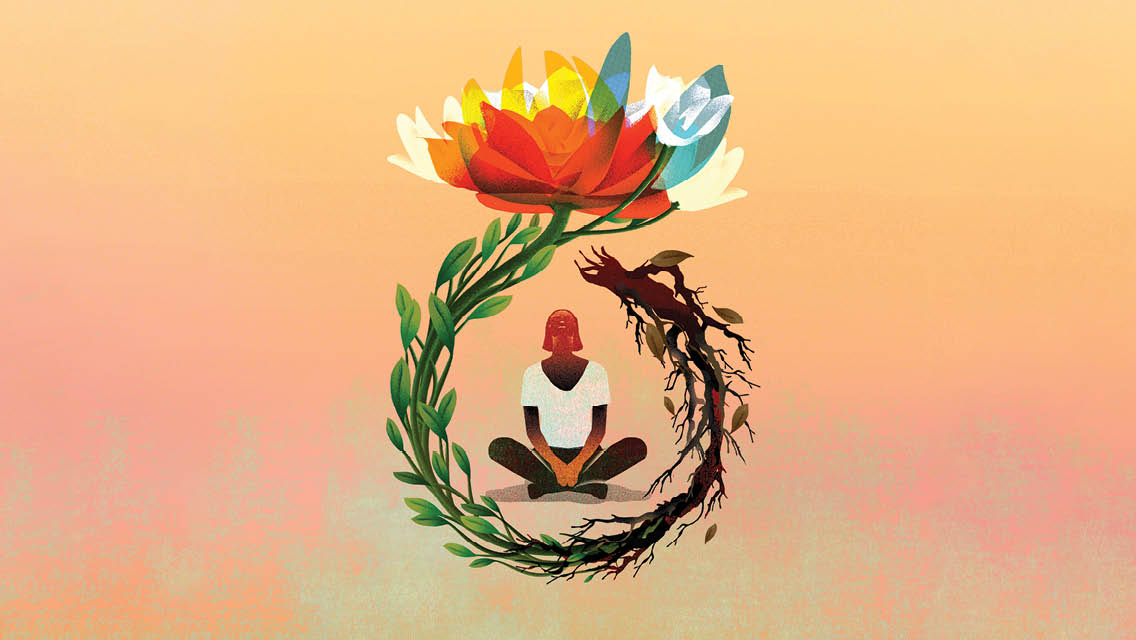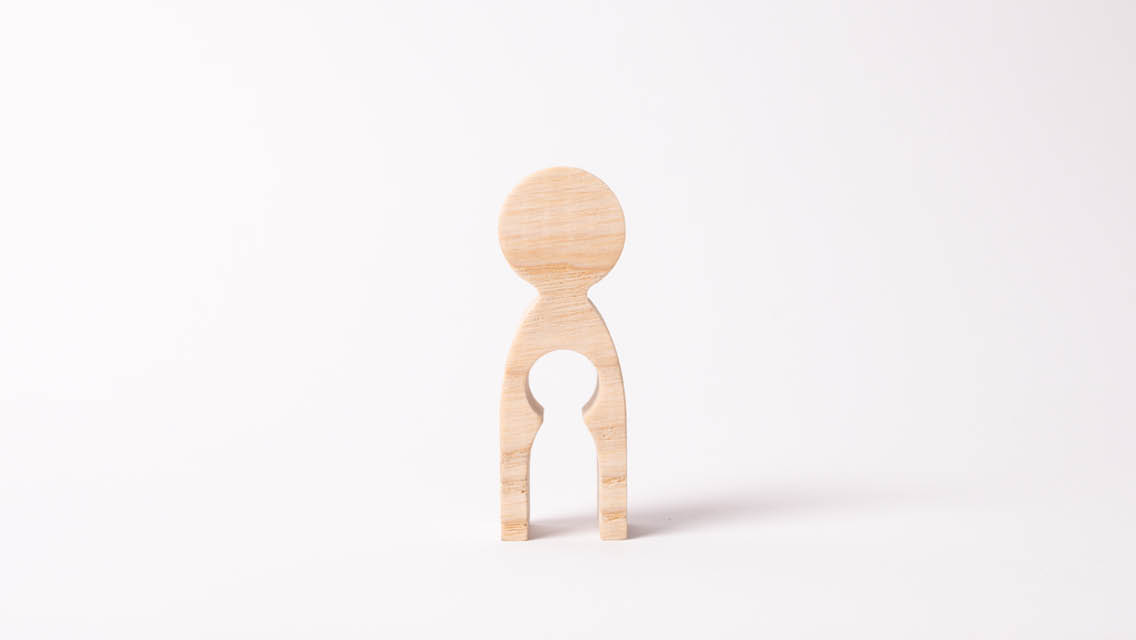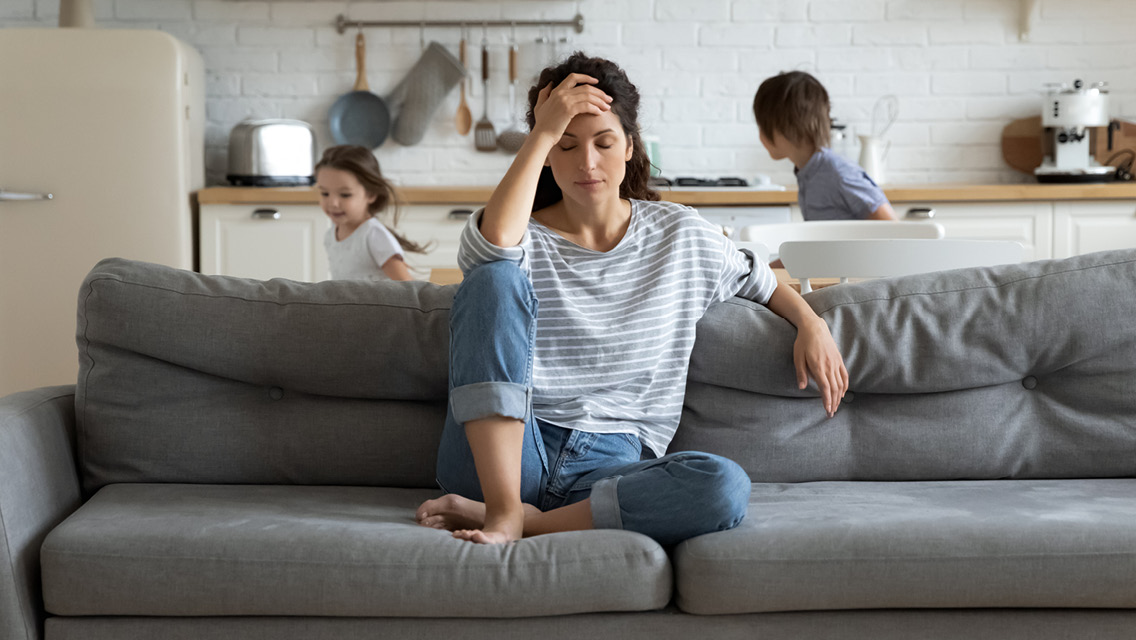The United States is in the midst of a maternal-health crisis. The country is one of the only high-income nations in the world in which giving birth is more dangerous today than it was 30 years ago.
According to the Centers for Disease Control and Prevention (CDC), more than 1,200 Americans died of pregnancy-related causes in 2021 (the most recent year for which data is available) — a 40 percent increase over 2020. This translates to 32.9 deaths per 100,000 live births. The World Health Organization defines a pregnancy-related death as one that takes place either during pregnancy or within 42 days after delivery.
The U.S. maternal mortality rate is the highest of all wealthy countries — more than five times higher than the estimated rates of Australia, Japan, and Spain.
Moreover, the CDC estimates that about 84 percent of maternal deaths between 2017 and 2019 were preventable, suggesting that there are multiple weaknesses in the U.S. healthcare system for new mothers.
Many expectant mothers encounter barriers when seeking the care and support they need, according to Every Mother Counts, a nonprofit dedicated to making pregnancy and childbirth safer for everyone. Some of those barriers include lack of insurance coverage, chronic illness, and inadequate mental health support, particularly during the postpartum period.
The U.S. maternal mortality rate is the highest of all wealthy countries — more than five times higher than the estimated rates of Australia, Japan, and Spain.
There are also socioeconomic and racial disparities: Black and Indigenous women are two to three times more likely to die of pregnancy-related causes than white women.
People of color are also disproportionately harmed by “maternity-care deserts,” areas of the country without birth centers or obstetric hospitals or providers. According to the March of Dimes, a nonprofit focused on maternal and infant health, 36 percent of U.S. counties — most of them rural — lack these services.
The uptick in maternal mortality may be partially attributed to the COVID-19 pandemic. The increased strain on the medical system may have contributed to the rise, and some pregnancy-related deaths may have also been linked to COVID infection.
Still, the CDC data does not yet represent the impact of the Supreme Court’s overturning of Roe v. Wade in June 2022, a ruling many experts fear will worsen the maternal-health crisis. As obstetricians and other care providers leave states that have enacted abortion bans, those maternity-care deserts are growing: It is now more difficult for expectant mothers to access providers who can manage high-risk pregnancies, perform routine deliveries in rural areas, supply long-acting birth control, and provide treatment and screening for sexually transmitted diseases. As reproductive health care is restricted across the country, fewer people may have access to the high-quality, patient-centered maternity care they need — care that is critical for improving the current state of maternal health.






This Post Has One Comment
Thank you for noting this growing concern on Experience Life. The growing maternal risks will sadly mount in years to come. I’m making my best effort in Texas to register more female voters so that we can begin to build a sustainable alternative to the tremendous damage Gov. Abbott has put on women of all ages. I’m even more concerned of the outcome in upcoming years when we see true widespread fall out as a result of the bans and reproductive restrictions placed on women.